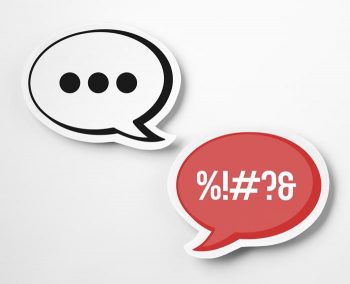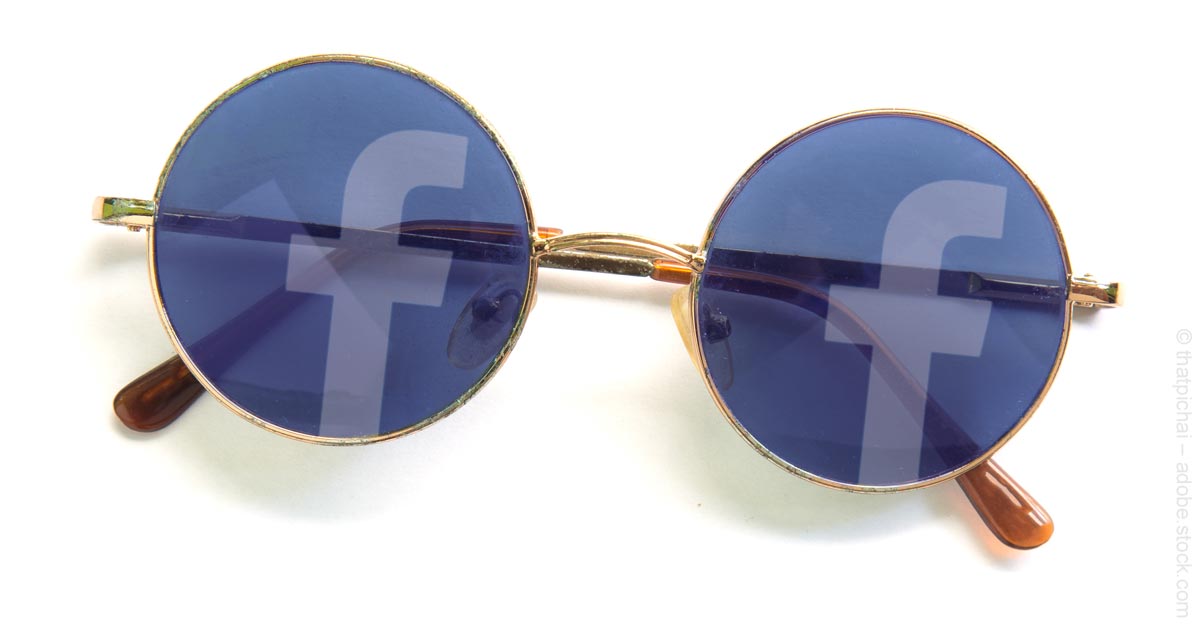An experienced vet warned me to stay off social media as a new graduate, because comparing yourself to others “drains your confidence”. I’m not sure I agree.
As with anything, there are pros and cons to the new age of communication, advertising and sharing information that is social media. Not just in veterinary, but in all walks of life, people are very good at publishing only the positive things, which gives others a very warped perception of their lives.
Bricking it
“Started a new job” or “excited for the future” have been common themes since graduation. But what you don’t see is “absolutely bricking my first day”, “maybe veterinary isn’t for me” or “I’ve moved to the middle of nowhere with no friends nearby and am seriously regretting my decision.”
Social media can fuel the feeling of isolation as a new grad because everything you see is through rose-tinted glasses – everyone else seems to be doing great and achieving so much. Now, the various platforms are not entirely to blame because it can be easy to feel that way just talking to other people in person as well.
While it is a lot easier to gather a more accurate idea of someone else’s experiences in person, you still get a certain level of one-upmanship, which does no one any favours. It’s great to meet up with uni friends to help you realise you’re not alone, provided you understand everyone progresses at different rates and in different environments.
Understanding what works for you
To begin with, I would envy the workplaces of my friends, thinking I’d somehow drawn the short straw, but having thought long and hard about it, would I want to be in their shoes? They may be thriving in their own respective environments, but I know I wouldn’t in some of their situations.
The key is understanding what works for someone else won’t necessarily work for you – and once you come to terms with that, you can use social media without having a sinking feeling every time someone posts about the latest great surgery they’ve done.
What about on a wider level? I have joined a couple of Facebook groups for qualified vets and been surprised by a number of aspects of these.
Can’t we all just get along?

The motives behind these groups are genuine, offering a forum to share ideas and offer support to other members of the profession. And, on the whole, that’s what happens.
However, I have been mortified by the backlash some members have received for certain comments.
We, as a profession, are continually slated in the media for being money-grabbing insensitive con artists (which, of course, the vast majority of vets are absolutely not) and yet, in a private forum, vets are using very similar vindictive language against each other.
Some of it is barely short of cyber bullying, which is really quite sad. We get enough stick from the public, can we not try to be a little kinder to each other?
I know individual vets will disagree with others, but this can be expressed in a constructive way, not the emotive, anger infused rants we regularly encounter from the public. In this respect, I do think social media has gone sour.
Online awareness
For individual practices, it seems, at the moment, social media really can be make or break. Do not underestimate the power of social media – word travels fast: only too often do practices lose clients based on bad Facebook reviews.
But, equally, practices can try to maximise the interaction with clients through social media by posting facts, photos and offers to help educate and encourage responsible pet ownership, among other things.
While we don’t want to get too hung up on bad comments, which need to be addressed professionally and appropriately, it is important to be aware of our online presence – after all, we need to be proactive and advance with technology to keep in touch with our clients.
But how closely in touch with clients should you be?
Client friend requests
At some point in everyone’s career, the inevitable client Facebook friend request will happen. This can be tough and I have heard conflicting advice with how to respond. Some would recommend a blanket ban on client Facebook friends, which is all well and good unless you work in your home town, where a lot of your friends or family friends will be clients.
Others would recommend creating a bland profile to accept clients that doesn’t have any personal information or embarrassing photos. There’s also the option of changing your online name slightly to make it difficult for clients to find you in the first place – this is what I opted for.
Making sure your privacy settings are strict also helps non-friends see very little. I guess you just have to do what suits you without making a rod for your own back – if any client does try to message you out of hours, be strict and either ignore or refer them to the OOH number.
I think it’s safe to say social media is great in moderation, but too much of it could really get you down. We, as vets, should use it to our advantage, but try not to take it too seriously.

Leave a Reply